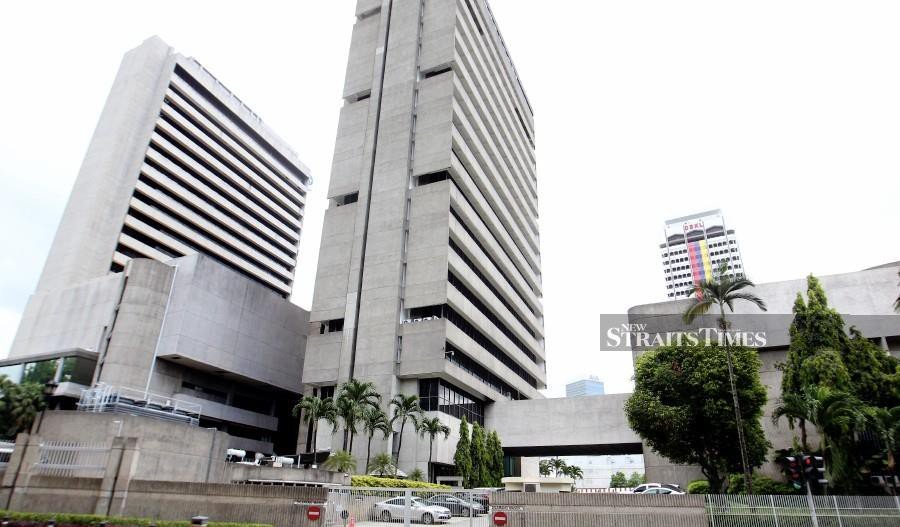Sharp Q2 contraction, GDP to make up some grounds in remaining quarters?

August 12, 2020 @ 10:31am
Farah Adilla and Anis Shahila Aman
KUALA LUMPUR: Malaysia's economy will have contracted sharply in the second quarter (Q2) but economists believe it will make up some lost grounds in the remaining two quarters of 2020.
Market consensus has expected a 9.1 per cent year-on-year contraction but Hong Leong Investment Bank Bhd (HLIB) thinks it could be much higher at 18.5 per cent.
"We expect Q2 2020 gross domestic product (GDP) to shrink by 18.5 per cent year-on-year following the release of latest indicators.
"With the exception of agriculture sector, other economic sectors are anticipated to contract amid the full quarter of the Movement Control Order," HLIB said.
Bank Negara Malaysia is due to release the Q2 data on Friday.
The economy grew 0.7 per cent in the first quarter.
HLIB said for commodities, the agriculture sector was anticipated to record slight growth in Q2, aided by improvement in palm oil production (7.9 per cent) due to recovery in fresh fruit bunches yields.
The mining sector is likely to decline at a steeper pace amid sharp drop in natural gas and crude oil production following a weak demand due to the Covid-19 outbreak.
A sharp contraction is also expected in the manufacturing sector as manufacturing IPI sank 18.1 per cent amid weakness in export-oriented and domestic-oriented sectors.
Similarly, HLIB said the construction sector was expected to weaken on the back of lower civil engineering activity and construction of residential and non-residential buildings.
For the whole of 2020, the bank maintained its real GDP forecast of a 5.0 per cent contraction, versus the 4.3 per cent expansion in 2019.
This will be due to a sharp resurgence in global and domestic infections and potential re-imposition of partial MCO continue to pose downside risks to overall GDP growth for the year.
Bank Islam chief economist Dr Mohd Afzanizam Abdul Rashid expects Q2 GDP to come in at seven per cent contraction.
He said all components were expected to record weak numbers and the main reason was none other than the MCO which was in full force.
However, he said the conditional MCO in May and recovery MCO in June had resulted in the gradual reopening of the economy.
"As such, the extent of the GDP contraction has been greatly reduced. At seven per cent contraction, the GDP is deemed to be the worst decline since Q1 2009," he said.
Putra Business School business development manager Associate Professor Dr Ahmed Razman Abdul Latiff expects GDP growth to contract less than 10 per cent in Q2, just like in line with its Asean peers such as Singapore and Indonesia.
He, however, said it would be positive growths for the last two quarters of the year.
"The reasons Q2 will be negative growth due to the fact that the months of April to June were right in the middle of MCO where so many sectors were closed down and physical movement of people was strictly enforced.
"In addition, the global trading was slowing down also as many countries at that time were also imposing lockdown on their business activities, affecting our export and import activities," he said.
